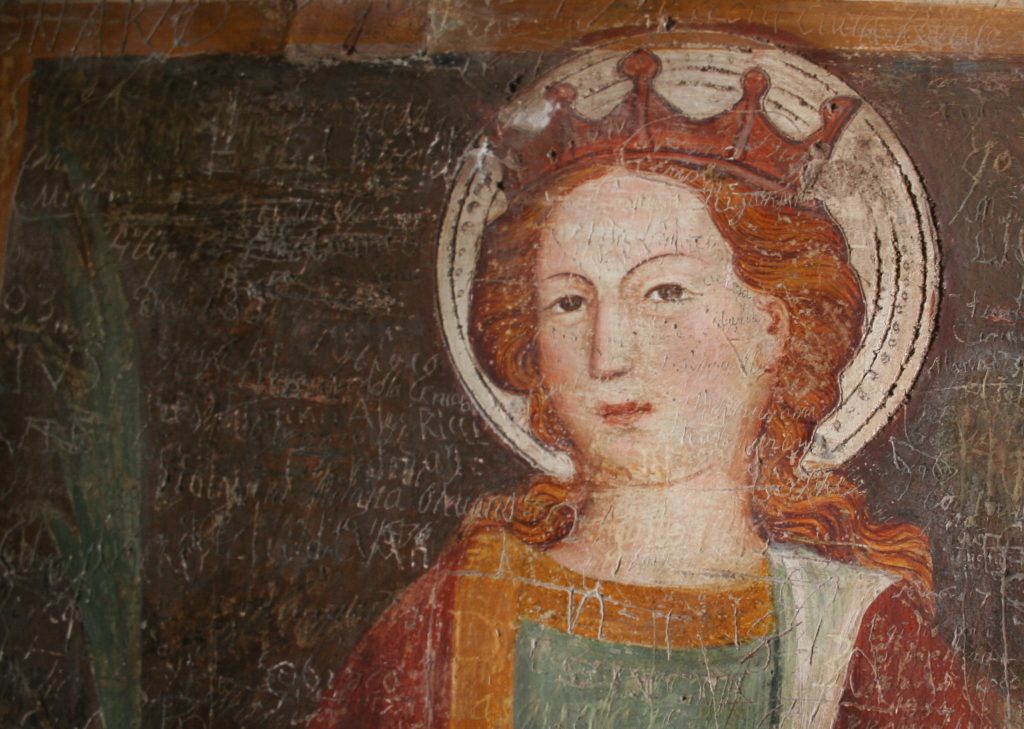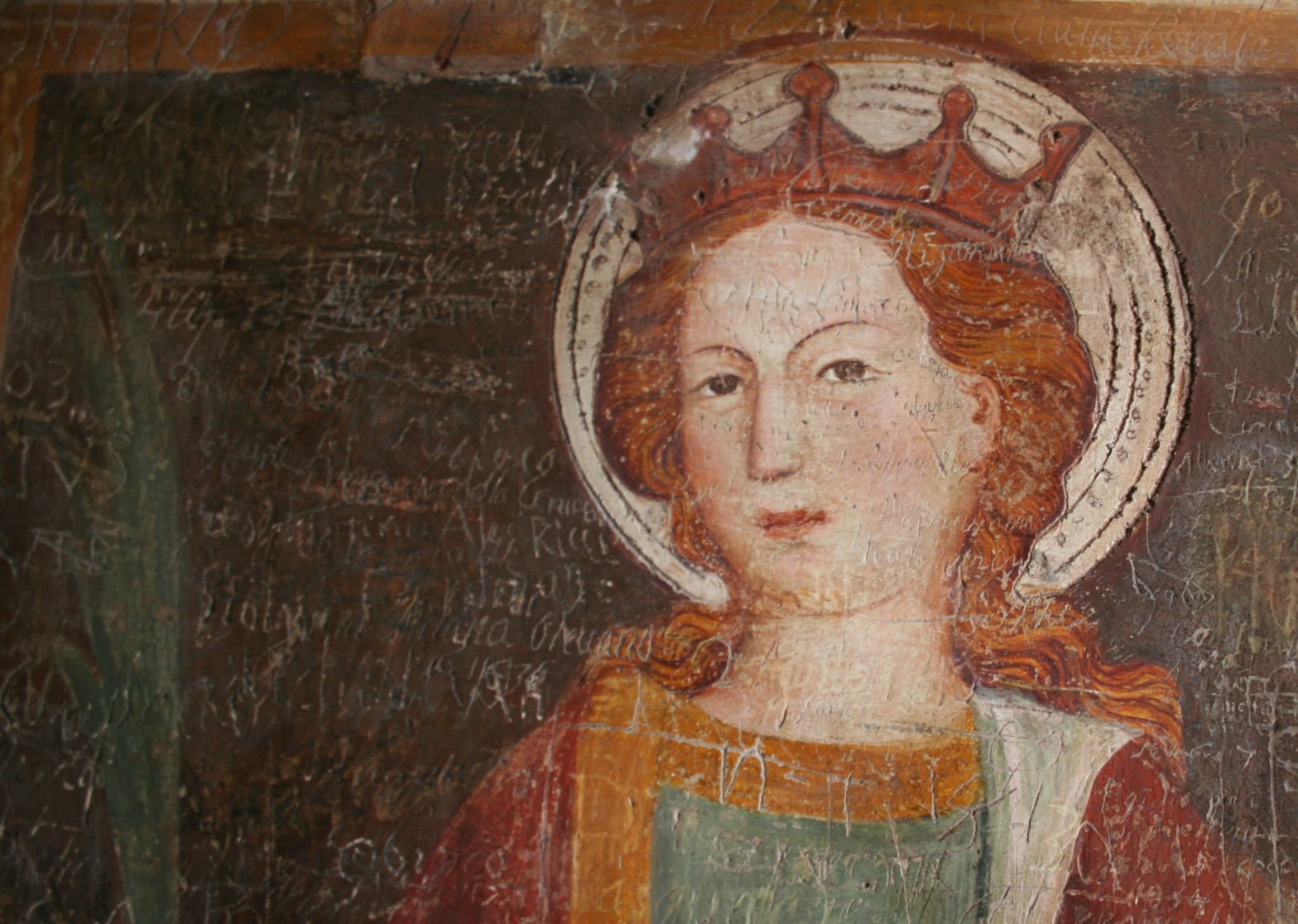
In contemporary Afghanistan, women and girls grapple with limited rights and freedoms.
Bound by strict dress codes and travel constraints, they can’t venture over 75 km without a male relative. This confines them to their homes, constraining their mobility and access to public spaces.
It highlights the delicate equilibrium of their rights and liberties. This also parallels the historical oppression of women, mirroring eras when they were relegated to domestic spaces.
The said restrictions echo the oppressive conditions faced by women in ancient times.
As history repeats itself, it is crucial to shed light on the challenges Afghan women endure under the Taliban’s rule and call for urgent international intervention.
In a world rife with contemporary challenges, the timeless story of Esther serves as a beacon of courage and influence.
Set in ancient Persia, it resonates deeply with today’s struggles, offering valuable lessons on how one individual’s bravery and strategic thinking can impact the course of history.
Esther: A story with modern significance
A pensive woman in a palace.(Photo by Andrea Piacquadio from Pexels)
The story of Esther is a captivating narrative that unfolds within the heart of a palace, encompassing secrecy, courage, and divine intervention. Her journey from an ordinary life to becoming a queen is woven with threads of mystery and purpose, showcasing her resilience and the unseen presence of a higher power.
She was uprooted from her home and placed in the palace harem, alongside numerous other girls.
Despite her identity, she followed the counsel of Mordecai, who advised her to conceal her nationality and family background. This choice would later play a significant role in her journey, showcasing her willingness to adapt and navigate her circumstances.
Surprisingly, the book of Esther is one of two named after women in the Bible, yet it does not overtly mention God’s name.
While His name is absent, His sovereignty and loving care subtly permeate the text. This intriguing aspect reminds us that divine intervention is not always heralded with grand proclamations but can be witnessed in the orchestration of events behind the scenes.
The setting: Ancient challenges, modern parallels
The narrative unfolds in the Persian Empire, where Esther, an orphaned Jewish girl, finds herself in the heart of a kingdom riddled with political intrigue and cultural diversity.
The challenges of Esther’s time— prejudice, oppression, and discrimination, find echoes in the contemporary struggles against inequality, racism, and social injustice.
Esther’s story teaches us that irrespective of the era, individuals have the power to confront and reshape these challenges.
Courage to speak out
“And who knows but that you have come to your royal position for such a time as this?” – Esther 4:14
Esther’s defining moment comes when she learns about Haman’s nefarious plot to annihilate the Jewish population.
Despite the perilous circumstances and the king’s edict against uninvited visitors, Esther finds the courage to approach King Xerxes.
Her actions underscore the importance of speaking out against injustice, even when it’s risky.
Esther’s boldness teaches us that our voices can effect change when we take a stand against societal ills.
Strategic courage and influence: The power of wisdom
“Listen to advice and accept discipline, and at the end you will be counted among the wise.” – Proverbs 19:20
Esther’s intelligence and influence are exemplified by her careful approach to confronting King Xerxes.
She invites the king and Haman to a banquet before revealing her true intentions, masterfully using the art of persuasion to her advantage.
In a world driven by diplomacy and negotiation, Esther’s strategic approach is a relevant lesson for individuals seeking to effect change within complex systems.
The power of unity: “Go, gather together”
“Go, gather together all the Jews who are in Susa, and fast for me. Do not eat or drink for three days, night or day. I and my attendants will fast as you do.” – Esther 4:16
Esther’s story also emphasizes the power of unity. When she implores her fellow Jews to fast and pray, they come together as a community to support her.
In contemporary times, when the world is divided on various fronts, Esther’s ability to rally people around a common cause teaches us that solidarity can overcome seemingly insurmountable challenges.
Self-sacrifice for a greater good
“When this is done, I will go to the king, even though it is against the law. And if I perish, I perish.” – Esther 4:16
Esther’s readiness to put herself in harm’s way to save her people serves as a lesson in self-sacrifice for the greater good.
Her willingness to risk her life showcases the impact an individual can have when they prioritize the well-being of others over personal safety.
It resonates deeply in today’s world, where countless individuals are working tirelessly to improve society for future generations.
Malala Yousafzai: A modern-day Esther and Nobel Laureate
https://www.youtube-nocookie.com/embed/iBBB-vJZB50
ENGLISH SPEECH | MALALA YOUSAFZAI – Nobel Peace Prize (English Subtitles)
“Let us remember: One book, one pen, one child, and one teacher can change the world.” – Malala Yousafzai
Malala Yousafzai, born in Swat Valley, Pakistan, displayed a thirst for knowledge early on, nurtured by her education advocate father.
Amidst the Taliban’s oppression, she fearlessly blogged for BBC Urdu, advocating girls’ education.
In 2012, a Taliban gunman shot her for her activism, sparking worldwide outrage. Remarkably surviving, Malala emerged stronger, a global symbol of courage.
Co-founding the Malala Fund, she tirelessly championed education for marginalized girls. Her advocacy transcended borders—she addressed the UN, authored “I Am Malala,” and became the youngest Nobel Peace Prize laureate at 17.
Enrolling at the University of Oxford, Malala’s journey embodies her commitment to empowering girls through education, breaking cycles of injustice.
Her resilience underscores the transformative power of a determined individual in sparking a global movement for equality and change.
Parallelism of Esther and Malala Yousafzai
Female colleagues reading documents. (Photo by Sora Shimazaki from Pexels)
Malala’s journey closely parallels the biblical narrative of Esther. This reveals how courage and determination can lead to a profound change in the face of adversity.
Just as Esther defied King Xerxes’ decree to save her people, Malala defied the Taliban’s edict to silence her voice.
Esther’s decision to approach the king, even at the risk of her life, to save the Jewish people exemplifies her unwavering commitment to justice.
Similarly, Malala’s defiance of the Taliban’s oppressive regime and her advocacy for girls’ education underscore her unyielding dedication to the fundamental right to education.
Esther’s triumph was not without challenges, just as Malala faced numerous threats.
When an assassination attempt left Malala severely wounded, her survival mirrored Esther’s ability to overcome life-threatening circumstances.
The Nobel Peace Prize bestowed upon Malala recognized her remarkable achievements, much like the honor bestowed upon Esther.
Both women transcended their roles as individuals to become symbols of hope and catalysts for change.
Esther’s story reminds us that one person’s courage can alter the course of history, while Malala’s journey demonstrates that a young girl’s voice can inspire global movements.
In a world still grappling with gender inequality and educational disparities, the legacy of Esther lives on. The determination of modern heroines like Malala Yousafzai pervades.
Just as Esther’s actions shifted the trajectory of her people, Malala’s advocacy is reshaping our understanding of education’s transformative power. Their stories intersect across time, highlighting the timeless nature of courage, influence, and the enduring potential for change.
The story of Esther is more than an ancient tale. This is a living testament to the enduring strength of the human spirit.
In a time when contemporary challenges can seem insurmountable, Esther’s courage and influence offer a roadmap for tackling societal ills.
More from Crossmap:
The Study of Esther
Republished with permission from Blogs.crossmap.com, featuring inspiring Bible verses about The story of Esther: Courage and influence in the face of contemporary challenges.
